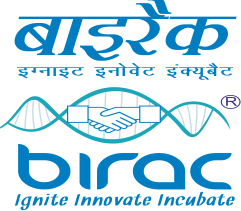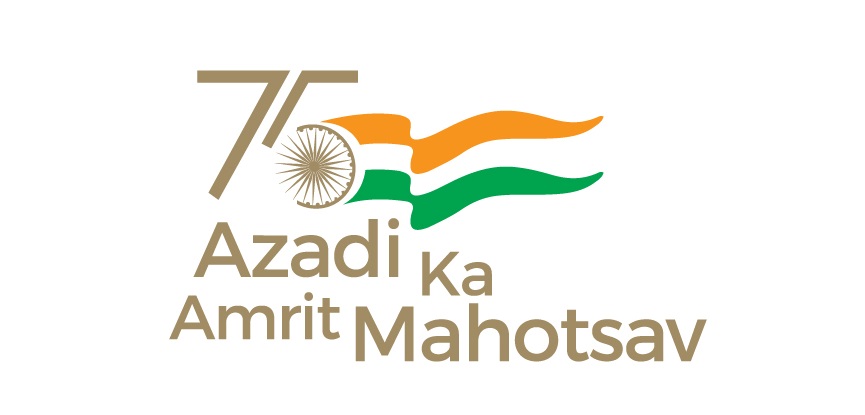In response to the Government’s initiatives on Make in India and Swachh Bharat Abhiyan, the Department of Biotechnology, Ministry of Science and Technology supported DBT-ICT Centre for Energy Biosciences at ICT Mumbai has successfully demonstrated for the first time the production of Ethanol from lignocellulosic biomass. India’s first 2G or Cellulosic Ethanol (alcohol) demonstration plant with a capacity of 10 t/day erected at India Glycols Ltd., Kashipur will be inaugurated by Dr. HarshVardhan, Minister of Science and Technology & Earth Sciences, on the 22nd of April 2016, at Kashipur. The plant, built with the support from Department of Biotechnology, Ministry of Science and Technology and its Public sector Undertaking – Biotechnology Industry Research Assistance Council (BIRAC), is based on the novel and indigenous 2G-Alcohol technology developed by the DBT-ICT Centre for Energy Biosciences, a Centre of Excellence established in 2008 at the Institute of Chemical Technology, Mumbai by the Department of Biotechnology, Ministry of Science and Technology of India.
This plant comes at a time when the country struggles to meet the mandate of 5% blending of renewable biofuel in both ethanol and diesel. While diesel biofuel blending is near zero, the petrol blending today stands at an overall of about 3% in the form of first generation or molasses based 1G-Ethanol. With an annual requirement of about 500 crore liters, the oil companies are looking at various options for sourcing ethanol as the current total installed capacity of 1Gethanol stands at about 265 crore liters. In such a scenario, the targets of 10% blending by 2017 and 20% by 2020 look remote unless agriculture waste based ethanol i.e. second generation or 2G-Ehanol production technologies are successfully demonstrated. India’s potential for 2GEthanol production from a mere 10% of its non-food and non-fodder agricultural residues, currently estimated to be available in excess of 300 million tons, stands at nearly 1000 crore liters of ethanol.
However, the 2G- Alcohol production technologies have struggled world-wide to be economically and technologically viable despite more than 100 pilot plants and about 10 demonstration and commercial plants erected and commissioned globally over the last decade. In this context the Country’s first Demonstration plant built on the DBT-ICT indigenous technology in a continuous and automated mode assumes considerable significance. The technology and the plant, projected to be capable of converting any biomass feedstock like wheat straw, rice straw, bagasse, cotton stalk, bamboo, etc. to alcohol in less than 24 hours, if successfully operated and scaled-up will establish India as a major global technology provider in the arena of renewables and reduction in carbon-emissions besides effecting considerable savings in import of crudeoil. The demo-plant is all set to run at a capacity of 10 ton biomass/day. The DBT-ICT Centre has already developed designs of plants for 250 ton/day and 500 ton/day capacities. The Department of Biotechnology is confident that this technology with the lowest capital and operating costs would allow 2G-Alcohol to be produced and sold at competitive price.








